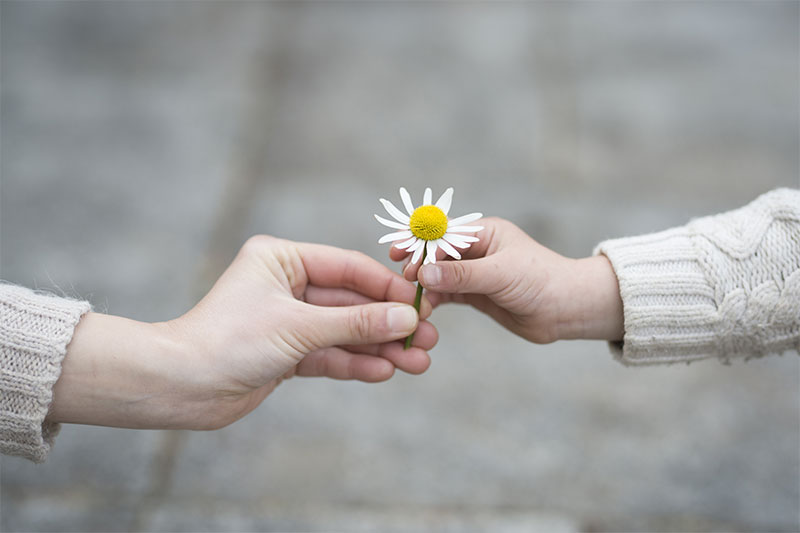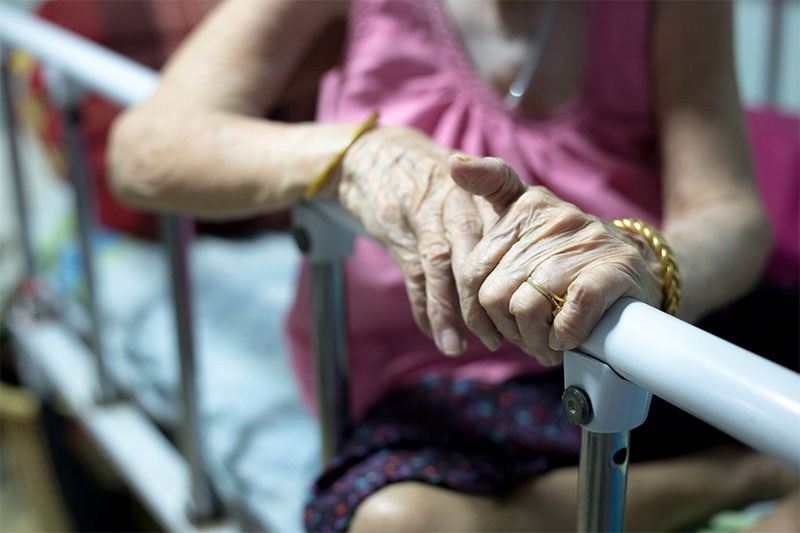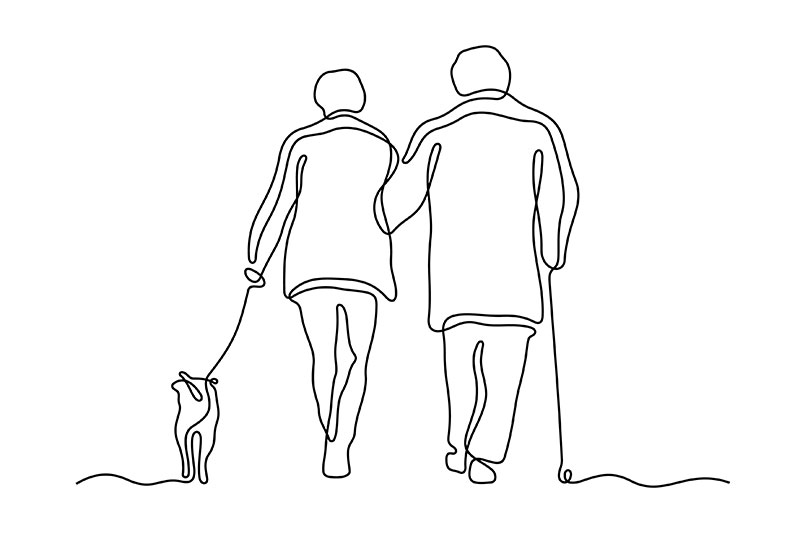When we were children, at least for most of us, we can recall the times when our parents were youthful and lively. They would play with us, chase us around the house, cook for us, fix things, and more. Unfortunately, aging is a very natural part of life. And as such, our parents grow older and older.
Most of them retire after some time. On the flip side, about 20 percent of them never actually retire. But the unfortunate news is, 75 percent of them develop at least one chronic condition in their elder years. Our parents do as much as they can for us, so it is our duty to give them back the same love and affection––even in their older age.
Let’s take a look at ten hurtful things that grown-up children often do to their parents. You may find that one or more of these apply to you. If so, it might be time to make some changes. Let’s dig in.
10 – Being unappreciative

You should be appreciative of people who support you no matter who they are, but your parents deserve special appreciation for all the hard work and love they pour into your life. Unfortunately, many grownup children forget what their parents have done, lacking appreciation for the gifts they’ve received.
9 – Saying hurtful things

We all get angry and say things we don’t mean at some point or another. But when it comes to your parents, there are certain things that arguably hurt them the most. Phrases such as “you’re the worst ” or “I hate you” hurt your parents longer and more painful than you might think.
8 – Hiding important things from them

Parents want to be there for us as their children, even when we’re grown-ups. So when we hold out on giving them important information, such as expecting a child soon or making a major life move, it hurts them to feel as though they’re not a part of your “inner circle” enough to know.
7 – Not talking to them

Just like you and I, your parents are social beings who want to enjoy some time to be, well, social. Not only that, but they crave to have it with you. When you ignore them and just place them in some retirement home, they may feel lonely or even depressed because of no contact from you––even when they’re surrounded by many people of their age.
6 – Not attending family events

As we get older, we end up having lives and responsibilities of our own. We have our own families as well at some point. But our parents become quite lonely once we move out of the house, and they try to invite us back for some heartwarming family time. When you never show up to events, they truly miss your company and are hurt by it.
5 – Not giving back to your parents

No, you don’t have to take care of your parents (unless you hit it big financially), but they would absolutely appreciate some form of reciprocity. Don’t make them feel like they’re indebted to you, but try sending them care packages or some gift cards to go on dates every now and again. They’ll appreciate those gestures more than you know.
4 – Being annoyed when you have to repeat what you say

Let’s face it––our parents have a hard time hearing or remembering sometimes, especially in their older age. Just as much as you notice it, they notice it as well and wish it wasn’t the case. If you find that you have to repeat what you say a few times, be patient and understanding with them. They just want to show interest in your life.
3 – Spending time with inlaws more

Just like all people, your parents may get jealous from time to time. If you find that you spend a lot more time with your in-laws, your parents may feel sad and jealous of this. Try to balance your time and attention as much as you can.
2 – Not caring about their health
Your parents, just like all others, eventually experience a range of health concerns, even if it’s just having a bad back. They wish they could avoid them, but they simply can’t. When you show no care or concern for how they are doing healthwise, it may make them feel as if you don’t care about their wellbeing. Take the time to ask them how they’re feeling lately.
1 – Treating them like children

They’re old, so that does mean they will have a few disadvantages (such as being slow, having a hard time hearing, etc.). But that doesn’t mean that you have the right to talk down to them. They’ve lived longer than you have, and are all the wiser. That deserves respect.
Do you think that senior people don’t get enough attention? Do you like to spend time with your parents and grandparents?


